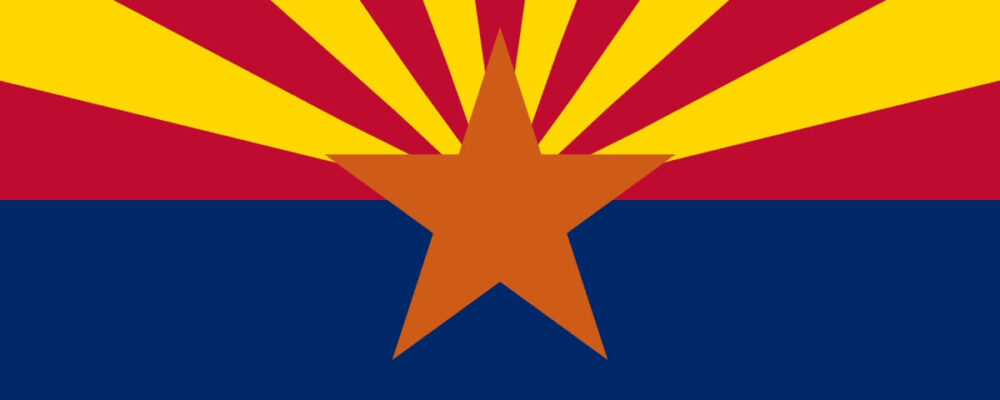Quick Hits
- Nebraska voters approved marijuana use for medical purposes, but legal challenges remain.
- Ballot measures to legalize recreational marijuana failed in Florida, North Dakota, and South Dakota.
- A ballot measure to legalize psychedelic drugs was defeated in Massachusetts.
On November 5, 2024, voters in Nebraska approved a ballot measure to legalize medical marijuana use, while voters in Florida, North Dakota, and South Dakota rejected measures to legalize recreational marijuana use. Voters in Massachusetts rejected a ballot measure to legalize psychedelic drugs like magic mushrooms.
Twenty-four states and Washington, D.C., have legalized recreational marijuana so far. Consumption of cannabis has increased as more states have legalized it in recent years. Thirty-eight states have legalized medical marijuana. Fifteen percent of U.S. adults reported they smoked marijuana in 2024, up from seven percent in 2013, according to research from Gallup.
Nebraska
Nebraska’s ballot measure permits qualified patients to use, possess, and acquire up to five ounces of cannabis to alleviate or treat a medical condition. Qualified patients include patients eighteen years or older with a written recommendation from a healthcare practitioner, and patients younger than eighteen years old with a written recommendation from a healthcare practitioner and written consent from a parent or guardian.
In addition, Nebraska voters approved a measure to regulate the marijuana industry and establish the Nebraska Medical Cannabis Commission. The measure invalidates state penalties for possession, manufacture, distribution, delivery, and dispensing of marijuana for medical purposes to registered cannabis establishments that are compliant with the rules of the newly created commission.
The measures are facing legal challenges that aren’t resolved yet. Nebraska Secretary of State Robert Evnen and John Kuehn, a former state senator and former State Board of Health member, have sued, challenging the validity of many of the signatures for the ballot measures.
Massachusetts
The unsuccessful ballot measure in Massachusetts would have permitted adults aged twenty-one or older to grow, possess, and use natural psychedelic substances, including psilocybin, psilocyn, dimethyltryptamine, mescaline, and ibogaine.
Psilocybin is a compound found in what are commonly called magic mushrooms. About three percent of Americans aged eighteen and older used psilocybin in 2023, according to research from RAND.
Next Steps
Nebraska laws are currently being challenged, and the Medical Cannabis Patient Protection Act only provides protections against the application of state and local laws. Employers in Nebraska may wish to review their drug testing practices, policies, and employee handbooks to ensure they adhere to the state law on medical marijuana.
State laws vary on drug testing for job applicants and employees. Employers in industries related to safety and national security may be required to conduct drug tests under regulations from the U.S. Department of Transportation, the U.S. Department of Defense, and the Nuclear Regulatory Commission.
Employers generally don’t have to allow workers to use marijuana or be impaired at work. It’s legal for companies to fire a worker for using marijuana or being impaired during work hours.
Medical marijuana use is not protected as a reasonable accommodation under the Americans with Disabilities Act.
Further information on the requirements of state marijuana laws is available on the Ogletree Deakins Client Portal in the Marijuana law summary. Full law summaries are available for Premium-level subscribers; Snapshots and Updates are available for all registered client-users. For more information on the Client Portal or a Client Portal subscription, please reach out to clientportal@ogletree.com.
Ogletree Deakins will continue to monitor developments and will provide updates on the Drug Testing, Multistate Compliance, and State Developments blogs as new information becomes available.
David R. Kuhnz is an associate in Ogletree Deakins’ Indianapolis office.
David L. Zwisler is a shareholder in Ogletree Deakins’ Denver office.
This article was co-authored by Leah J. Shepherd, who is a writer in Ogletree Deakins’ Washington, D.C., office.
Follow and Subscribe
LinkedIn | Instagram | Webinars | Podcasts
“Ogletree Deakins has experienced professionals in all areas of labour and employment law who provide efficient, client-focused service. We represent employers of all industries and sizes, from small businesses to Fortune 50 companies.”
Please visit the firm link to site






